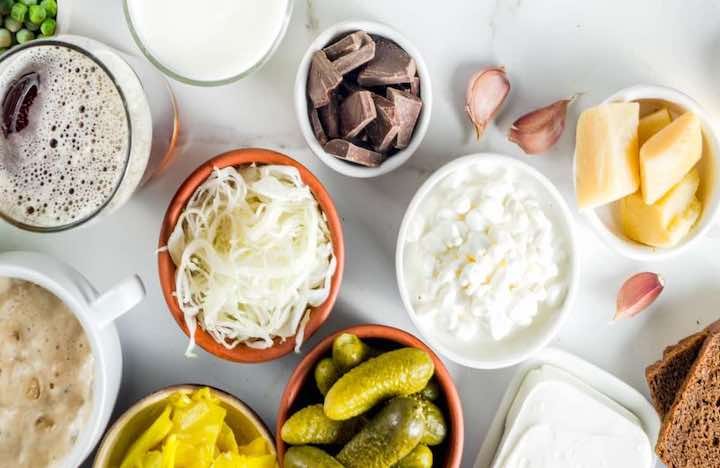The Gut-Brain Connection: How Gut Health Affects Cognitive Ability
One of the most fascinating findings in studying human health and anatomy is how all of the systems in our body are inter-connected, and there have been recent studies done that have evidence to suggest that one of the most prominent connections is between our gut and our brain. This evidence justifies the statement that what we eat directly affects us not only physically, but mentally. While genetics can certainly play in role in your predisposition to cognitive diseases like Alzheimer’s and Parkinson’s disease, these studies have shown that your diet and activity level can significantly influence the risk of developing these conditions. In this article, we will be diving into this relationship further and finding out why they call the gut “our second brain.”
How Are the Gut and Brain Connected?
Have you ever watched a cooking show and suddenly felt hungry? Or felt butterflies in your stomach when you felt nervous? These are perfect examples of how our brain communicates with our gut and vice versa. The gut contains trillions of microbes that help us digest our food and even absorb the nutrients we consume. The microbe’s digestive process actually enters the bloodstream and travels throughout the body- even reaching the brain.
Did you know that about 90% of serotonin (a key hormone that controls mood, happiness and feelings of well-being) is produced by gut bacteria? Since serotonin controls attributes like mental well-being, mood balance, anxiety levels and even sleep quality- this proves that a healthy gut has important implications on your mental health. In terms of aging, recent studies have also shown that those with cognitive diseases like Alzheimer’s, Dementia and Parkinson’s show a compromised gut and lower levels of gut-healthy bacteria.
If you are curious about how to improve your gut health and reduce your risk for cognitive disease, here are some tips:
Reduce Stress
High stress levels have been shown to cause intestinal permeability issues, such as bloating, inflammation and stomach pain. Stress also affects our hormones, specifically cortisol- which is your body’s main stress hormone. Breathing exercises are beneficial- the simple of act of sitting up straight and practicing breathing slowly, in and out, using your stomach muscles. This not only helps to relieve stress and relax your mind, but it also physically relieves tension in your core.
Eat a Gut-Supporting Diet
Foods like yogurt, kefir and fermented vegetables contain probiotic cultures that strengthen the digestive tract, so it’s important to include these foods in your diet on a regular basis. In addition, try to remove foods that are known to disturb the gut microbiome, such as foods that are fried, overly spicy, full of sugar or high in fat. Your body has to work especially hard to digest these foods, and they often provide little nutritional value. Instead of eating take-out and frozen meals, have pre-planned meals prepared and healthy snacks to choose from. Eating an abundance of fresh fruits, vegetables and high-quality protein will also nourish your gut and provide good nutrients for optimal brain health.
Another important key to digestion is how you consume your food. Many of us get into the habit of watching television while we eat, eating on-the-go, or “eating while distracted”. This can encourage over-eating or eating too quickly, which can cause a number of issues. Chewing our food (some experts say at least 15-30 times before swallowing) properly is important for optimal digestion. Make sure you are in a relaxed state before and after consuming a meal- mindful eating is beneficial for the brain and your gut.
Stay Hydrated
Staying hydrated is key to digesting our food properly. Our bodies need water to produce stomach acid, which is responsible for breaking down our food for easy digestion. With the absence of proper hydration, you are at higher risk for stomach ulcers or acid reflux, and on the cognitive side, brain fog and fatigue are also common symptoms of dehydration. Make sure you are consuming the recommended amount of water on a daily basis, as well as including water-rich foods in your diet like fresh fruits and vegetables.
Practice Mild Exercise
Studies have shown that mild exercise can help stimulate your digestive system. Even a short walk or yoga session can assist in intestinal contractability, which helps with the passage of stool through the colon. Exercise also helps increase circulation, which keeps blood flowing to our brains to assist in cognitive health. Going on a walk after eating a meal is a great practice for stimulating digestion.






